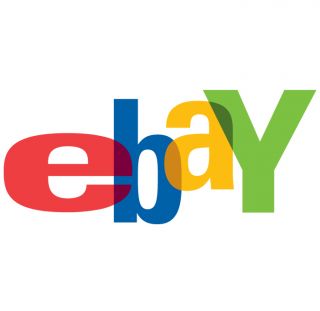Peaceful Fruits: Growing A Fruit Snack Business For A Good Cause
Hello! Who are you and what business did you start?
My name is Evan Delahanty and I’m the Founder & CEO of Peaceful Fruits. Peaceful Fruits makes healthy, delicious, rainforest friendly fruit snacks.
Imagine a fruit roll-up made from nothing but real fruit, produced in a way you can be proud of, and you’ve got Peaceful Fruits. As an award-winning for-profit social enterprise, our specific goal is to give people access to snacks that fit their values - health, sustainability, community - without sacrificing price, convenience, or flavor. Generally, our goal is to make mission-based business (social enterprise) part of mainstream capitalism. We’ve been featured by the National Peace Corps Association and ABC’s Shark Tank - and we think those two groups should spend more time together.

To break it down, we sell organic, clean label, natural fruit snacks with a strong backstory that includes employing people with...










































